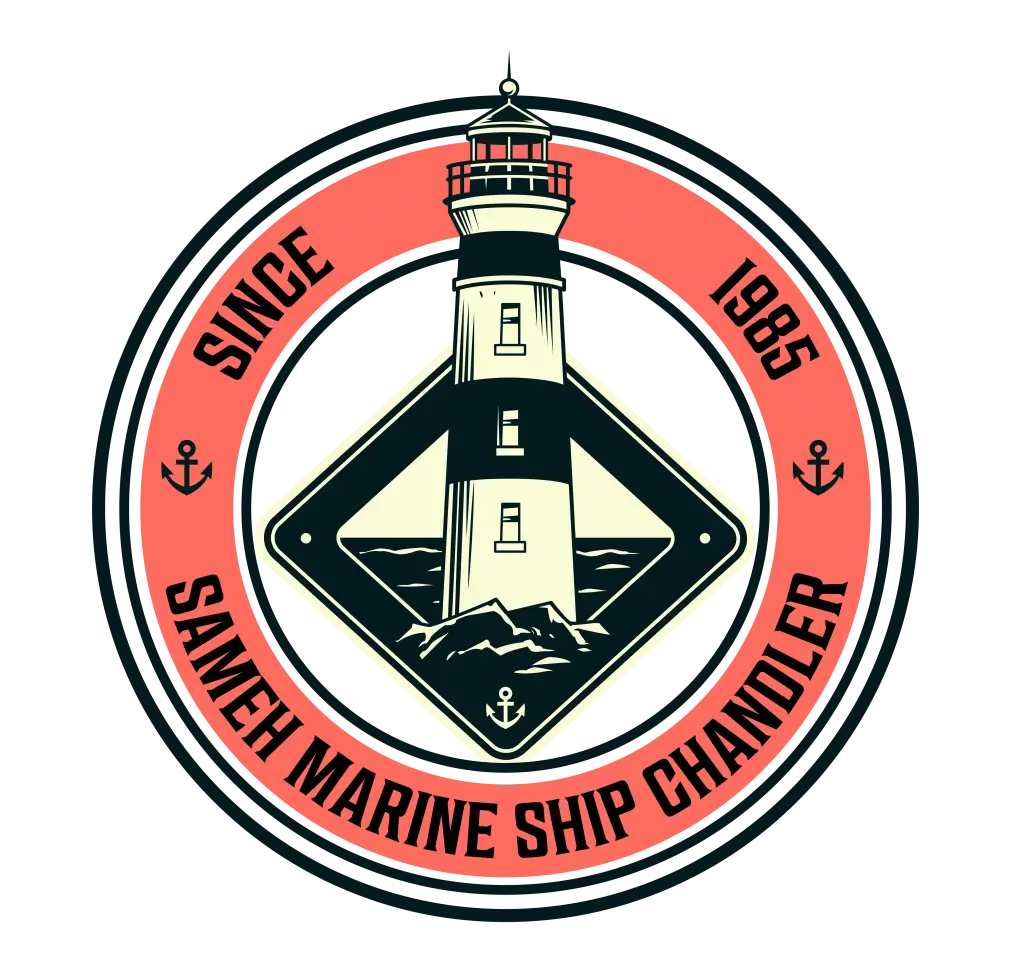Explaining the Suez Canal is a feat that demands exact planning and loyalty to regulations. Among the myriad considerations for ships undertaking this voyage, the management of bonded stores stands as a critical aspect. In this comprehensive guide, we explore the bonded stores for ships transiting the Suez Canal, exploring regulations, procedures, and best practices to ensure seamless operations.
Understanding Bonded stores for ships
Bonded stores encompass a diverse array of consumables and provisions essential for the sustenance and operation of ships during their voyages. For ships transiting the Suez Canal, bonded stores play a pivotal role in ensuring adequate provisions throughout the journey, especially for the provision supply services in Egypt. These stores, typically comprising food, beverages, tobacco, and other goods, are held under customs control until they are consumed or exported.
Overview of the Suez Canal
The Suez Canal stands as one of the world’s most vital maritime arteries, serving as a crucial shortcut between the Mediterranean and Red Seas. Its strategic significance cannot be overstated, with thousands of vessels traversing its waters annually. Efficient provisioning, including the management of bonded stores, is essential for the smooth flow of traffic and the uninterrupted operation of ships navigating this vital waterway.
Regulations and Procedures for Bonded stores for ships in the Suez Canal
Ships transiting services the Suez Canal must adhere to stringent regulations governing the handling and consumption of bonded stores for ships. Egyptian authorities enforce customs clearance requirements and documentation procedures for all goods entering the canal zone. Samehmarine provides comprehensive seafaring solutions, ensuring ships declare their bonded stores’ inventory and comply with established procedures to avoid penalties or delays during transit.
Customs Clearance Requirements
Customs clearance for bonded stores involves the submission of detailed documentation to Egyptian authorities. This documentation typically includes inventories, manifests, and declarations of goods onboard. Failure to provide accurate and complete documentation can result in delays or fines.
Declaration of Bonded stores for ships
Shipowners and operators must accurately declare their Bonded stores for ships inventory before entering the Suez Canal. Any discrepancies between declared and actual stores may result in penalties or additional inspections by customs officials.
Procurement and Management of Bonded Stores
Procuring and managing bonded stores for ships transiting the Suez Canal transits requires careful planning and coordination. Shipowners and operators must ensure adequate supplies of provisions to sustain crews, maintain operational efficiency throughout the voyage, and address maintenance for ships, including in Egypt. Effective inventory management practices, coupled with adherence to regulatory requirements, are essential for a successful transit.
Inventory Management Best Practices
Implementing robust inventory management practices can help streamline the attainment and distribution of bonded stores. Utilizing digital inventory systems, conducting regular audits, and forecasting consumption patterns are key strategies for optimizing inventory management processes.
Suppliers and Logistics
Selecting reliable suppliers and logistics partners is crucial for ensuring the timely delivery of bonded stores to vessels transiting the Suez Canal. Establishing partnerships with reputable suppliers and freight forwarders can help mitigate risks and ensure the availability of provisions during the transit.
Compliance and Enforcement
Compliance with bonded stores regulations is paramount for ships transiting the Suez Canal. Port authorities and customs officials attentively enforce regulations to prevent smuggling and ensure the integrity of the canal zone, including overseeing underwater repair operations to maintain the infrastructure’s stability. Non-compliance can result in penalties, delays, or even legal consequences for shipowners and operators. Vigilance and adherence to regulations are indispensable for navigating the canal safely and efficiently.
Inspection Procedures
Customs officials may conduct inspections of bonded stores upon entry or exit from the Suez Canal. These inspections aim to verify compliance with declared inventories and ensure the integrity of bonded stores onboard vessels. Cooperation with inspectors and transparency in the documentation are essential for expediting the inspection process.
Case Studies and Practical Tips
Real-life scenarios and case studies provide valuable insights into the challenges and best practices associated with managing bonded stores in the Suez Canal. Industry experts and experienced maritime professionals offer practical tips and recommendations for optimizing provisioning procedures and maintaining compliance with regulatory requirements. Learning from past experiences enables shipowners and operators to enhance their preparedness and mitigate risks during canal transits.
Conclusion
In conclusion, the management of bonded stores is a critical aspect of ensuring the smooth and efficient transit of ships through the Suez Canal. By understanding regulations, implementing best practices, and maintaining compliance, shipowners and operators can navigate this vital waterway with confidence and precision. As the maritime industry continues to evolve, adherence to Bonded stores for ships regulations remains indispensable for safe and successful canal transits.
Prepare your vessels adequately, ensure compliance with regulations, and sail through the Suez Canal with the assurance of seamless operations and regulatory adherence.
